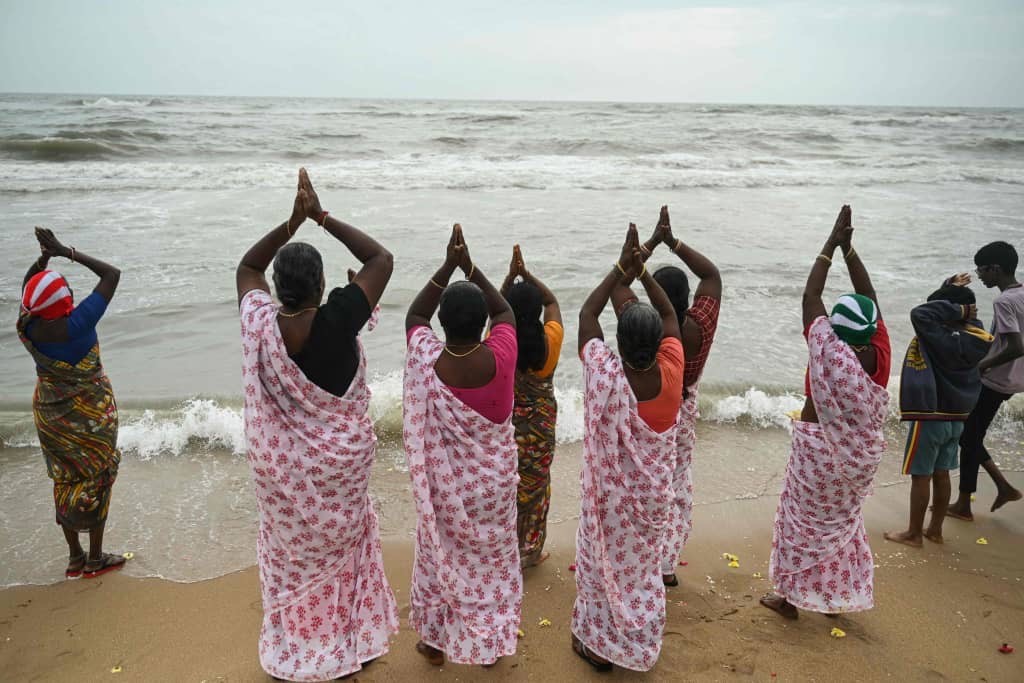The home affairs ministry, in collaboration with the gender ministry, has successfully concluded a pilot project to issue national documents to and register members of the San community for social grants.
This was announced in a public notice by the executive director of the Ministry of Home Affairs, Immigration, Safety, and Security, Etienne Maritz, yesterday morning.
He said the project, which ran from 22 October to 8 November, focused on the Guinas constituency in the Oshikoto region.
The notice says more than 1 000 members of the San community received essential national documents during this period, ensuring their legal recognition and access to government services and benefits.
Maritz said 200 San individuals were registered for social grants, which include the old age, disability and orphans and vulnerable children grants.
He said these grants are considered vital for improving the well-being of vulnerable members of the community by providing resources for education, health and daily needs.
According to the notice, the initiative was implemented in areas such as Tsintsabis, Oerwoud, Tsumeb, Kuvukiland, farm Ombili, farm Ondera, and Oshivelo. Its success has been attributed to the collaborative efforts of regional leaders, community representatives, village development committees, church leaders and teams from both ministries.
Maritz described the project as a significant step towards achieving inclusivity and social justice for marginalised communities.
“These grants are vital in supporting the well-being and livelihoods of community members, ensuring that they have access to necessary resources for their health, education and daily needs.
This initiative serves as a model for future efforts to enhance the rights and opportunities of all Namibians,” Maritz said.
The home affairs ministry recently announced that a total of 34 802 Namibians have acquired national documents since the introduction of its mass registration initiative for national documents.
Ministry spokesperson Margaret Kalo says as part of the mass registration campaign countrywide, the ministry has made provision to exempt at least 500 people per constituency from paying fees for birth certificates and identity card duplicate applications.
“These can be the vulnerable people of our society and those affected by disasters such as fires, among others.
“But this is only applicable to people who are vulnerable, or maybe their documents have been burnt.
They have to be vulnerable, and not someone who is able to the afford fees,” she says.
Stay informed with The Namibian – your source for credible journalism. Get in-depth reporting and opinions for
only N$85 a month. Invest in journalism, invest in democracy –
Subscribe Now!






